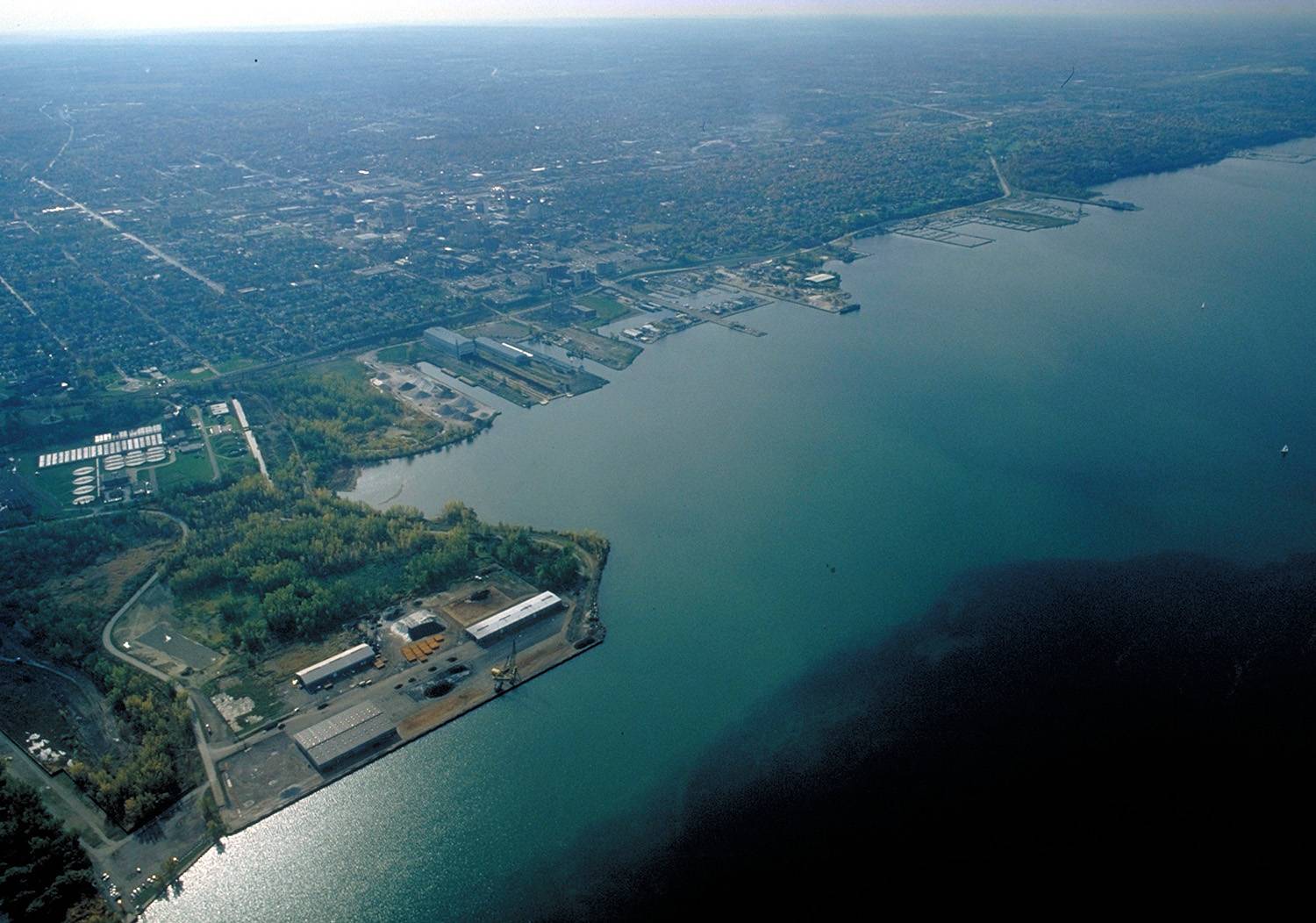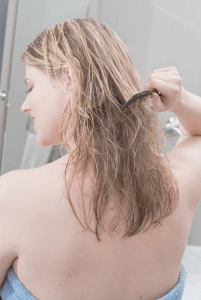If you get city water for your home or business from your municipally treated water plant, it’s chlorinated.
Chlorine in Erie’s Drinking Water
 Recently, Erie’s water management organization, Water Works, announced their intention to increase the levels of chlorine introduced to public drinking water reservoirs. The new mandate is aimed at reducing high levels of bacteria in the drinking water supply and should help the city meet statewide regulations governing bacteria levels.
Recently, Erie’s water management organization, Water Works, announced their intention to increase the levels of chlorine introduced to public drinking water reservoirs. The new mandate is aimed at reducing high levels of bacteria in the drinking water supply and should help the city meet statewide regulations governing bacteria levels.
The Use of Chlorine in Drinking Water
Similar to its use in swimming pools, hot tubs and spas, chlorine is added to public water supplies to kill or prevent disease-causing bacteria while supplying water to your home. Due to its high toxicity, chlorine can effectively kill off these microorganisms in very small doses without harming humans, thus making it an ideal sanitizer. As a result, water chlorination prevents waterborne illnesses and diseases.
Is Chlorine in Drinking Water Harmful?
However, highly chlorinated water has some negatives. I’m sure you can recall from going for a dip in the pool that chlorine has a distinct odor and an unpleasant taste. It can irritate your eyes, nose, skin, and stomach. Plus, it may damage you and your family’s hair and clothing. Green hair anyone?
for a dip in the pool that chlorine has a distinct odor and an unpleasant taste. It can irritate your eyes, nose, skin, and stomach. Plus, it may damage you and your family’s hair and clothing. Green hair anyone?
Even though limited exposure to chlorine is unlikely to cause any serious health concerns, it can still diminish water quality. Chlorine has a distinct odor and taste, and at high enough concentrations, it is not only noticeable but also extremely unpleasant. Too much chlorine in drinking water makes it no longer enjoyable and can cause us to turn to other unhealthy or sugary beverages to quench our thirst.
The fact of the matter is, Erie’s decision to add more chlorine to the drinking water supply is not an inherently bad idea. It will ensure that our drinking water is safe and sanitary for our use. However, once water has been disinfected through chlorination, the chlorine no longer serves a purpose right before the water is consumed.
The good news is that there are ways to filter the chlorine from your home’s water. Both whole house carbon filtration systems or a reverse osmosis purification systems are able to easily and safely remove chlorine.
Whole House Carbon Filtration System for Removing Chlorine from Drinking Water
Whole house carbon filtration systems use very fine filters to remove small particulate in water and an activated carbon removes chlorine, organic compounds, chemicals, some selective metals such as lead, and other contaminants in a process known as adsorption and de-ionization. One downfall with whole house carbon filtration systems is that they do not remove hardness minerals and salts, like calcium and sodium, from your water.
How a Reverse Osmosis Purification System Can Help
Besides removing chlorine from your home’s water, a reverse osmosis purification system provides some of the best tasting and cleanest drinking water for any home or business. It’s also one of the most popular and best water filtration methods available today. Reverse osmosis purification system will improve your waters taste, odor, and the appearance by removing pollutants from the water like nitrates, pesticides, sulfates, fluoride, bacteria, pharmaceuticals, arsenic and many more. Plus reverse osmosis purification system has a carbon filter that removes chlorine and chloramines.
Reverse osmosis purification system works by having your household water pressure push the tap water through a semipermeable membrane and then through additional sediment and carbon filters. After being forced through all these filters, your waters impurities are filtered out and flushed down the drain. All that’s left is delicious, clean-tasting drinking water right from your kitchen faucet.
Does Your Home a Chlorine Water Filter System?
However, an increased measure to protect and sanitize our water does not necessarily mean that we have to compromise its taste and quality. We can still have safe, delicious and chlorine-free water right in our own homes. With the right water filtration systems, you can rest assured that you’ll be drinking the cleanest water there is.
If you are on a private well or spring, and you think your water has chlorine you should have your water tested, and contact us to help you select the best filter system for your water chemistry.



